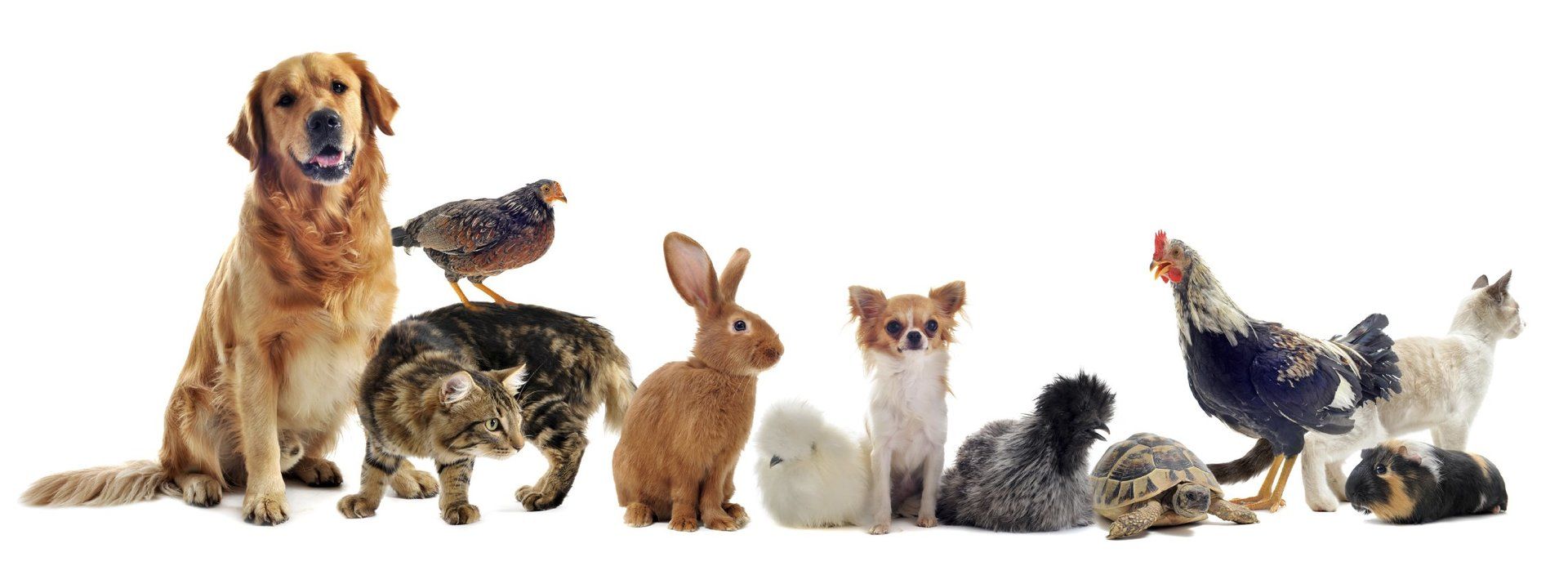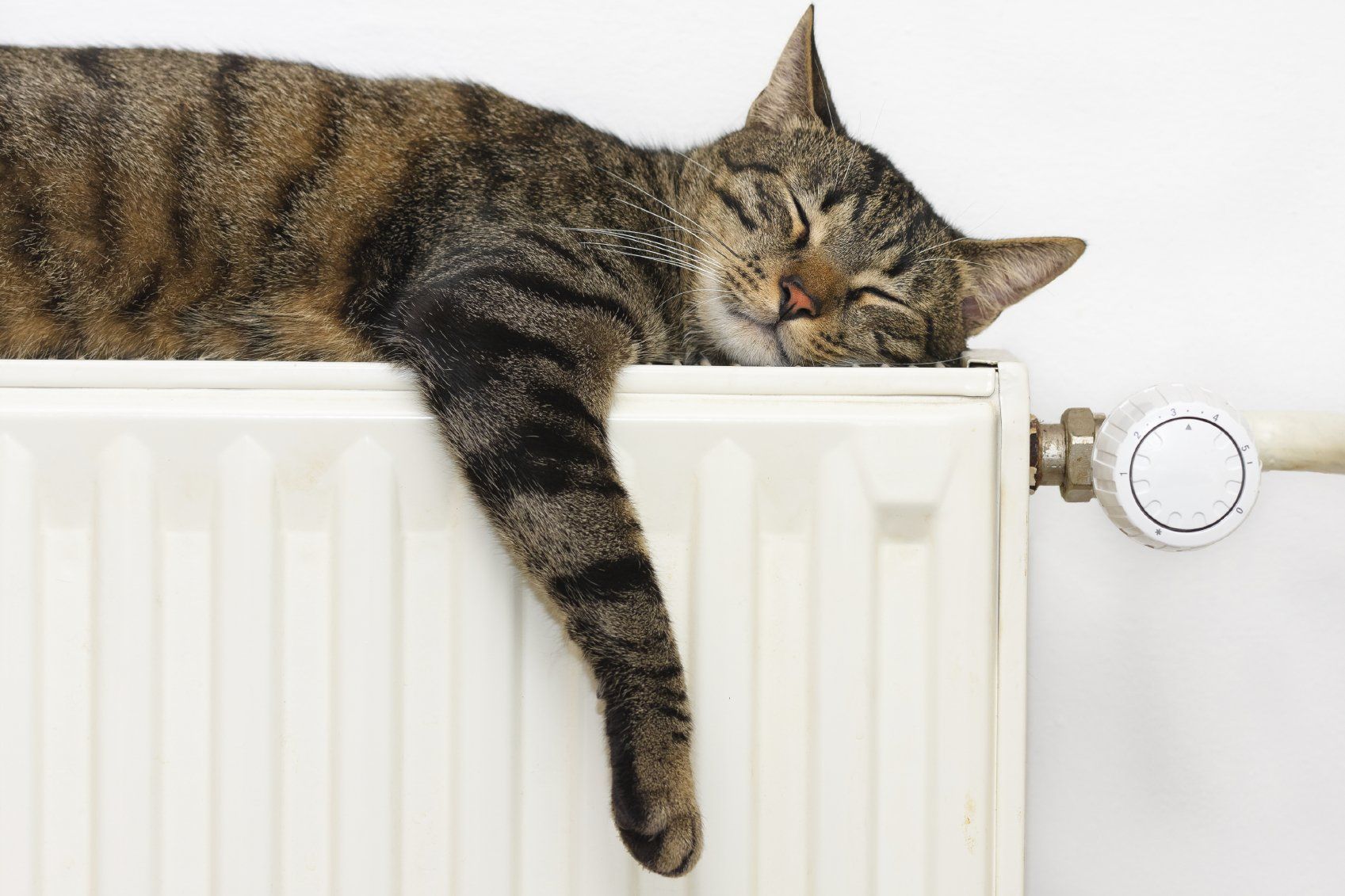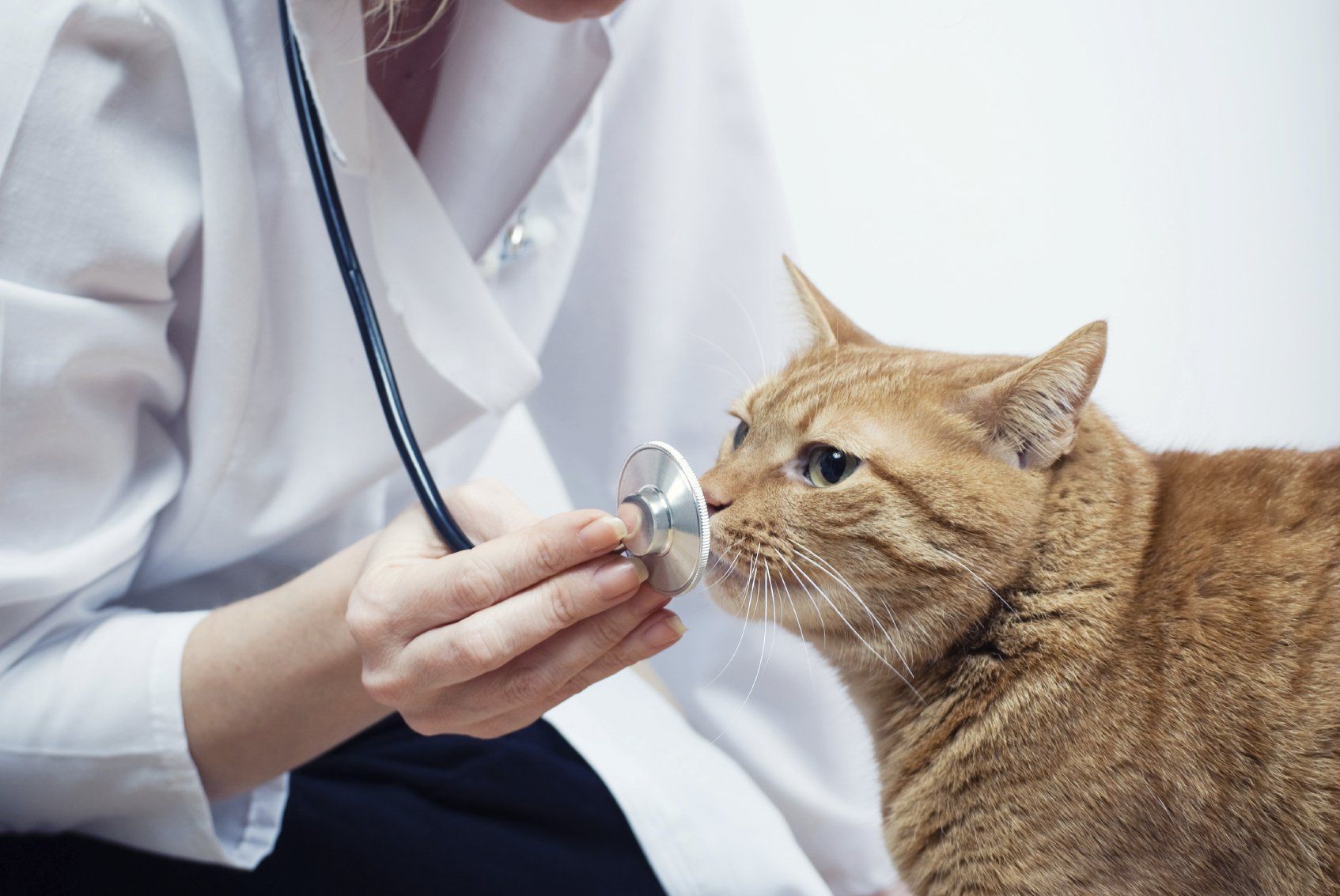Lost & Found - Dogs & Cats
Wildlife
RSPCA clinics
Bandage Care
Vomiting & Diarhoae bug
Skin eating disease
Alabama Rot
If you think your dog is showing signs of Alabama Rot, speak to your vet immediately.
What is Alabama Rot?
Alabama Rot is a potentially deadly disease which damages dogs’ blood vessels. This can cause skin sores and sometimes kidney failure (when the kidneys stop working and can’t clean the blood properly).
The disease only affects dogs. Nearly all cases occur during winter and spring (between November and May) and is often reported in dogs that have been walked in muddy or woodland area.
Signs and symptoms of Alabama Rot
Alabama Rot causes tiny clots to form in blood vessels that damage the skin and kidneys. Symptoms often include:
ulcers and sores on paws, legs, face or mouth
being sick
not wanting to eat
lethargy (sleepiness and having much less energy than usual).
If your dog seems under the weather and has any of these symptoms, speak to your vet right away.
Not all dogs who have skin sores go on to have kidney problems but early treatment by a vet is important. If you notice any sores on your dog, speak to your vet immediately to rule out Alabama Rot.
How can I stop my dog getting Alabama Rot?
There’s been lots of research into Alabama Rot but vets still aren’t sure what causes the disease or how to prevent it. However, there are some simple things you can do to that may protect your dog or help you spot the symptoms early:
If Alabama Rot has been reported near you, avoid walking your dog in muddy woodland areas.
Washing any mud off your dog after a walk might help, although this hasn’t been proven.
Check your dog regularly for signs of redness or sores, especially on their paws, legs and face.
If you notice any health problems with your dog or a change in their behaviour, speak to your vet.






